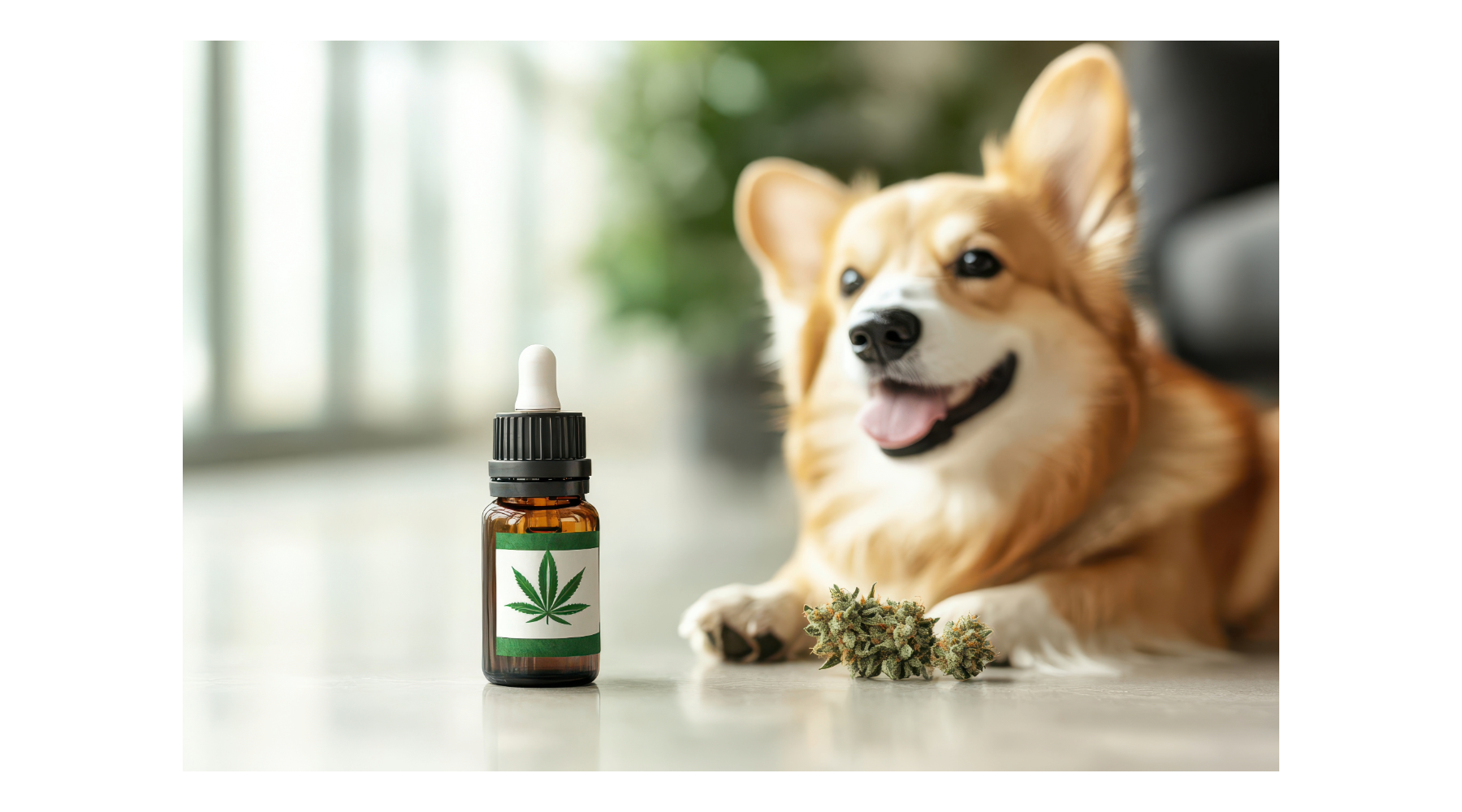Separating Fact from Fiction: THC Myths and Cannabis Culture
In recent years, the world of cannabis has evolved from a misunderstood substance to a booming industry, with more and more states legalizing marijuana and its derivatives for both medicinal and recreational use. Yet, despite its widespread acceptance, THC (tetrahydrocannabinol) — the psychoactive compound in cannabis — remains shrouded in myths and misconceptions. As cannabis culture grows, it's essential to separate fact from fiction and gain a clear understanding of what THC really is and how it affects our bodies.
1. THC Makes You Forget Everything
One of the most common myths surrounding cannabis is that it causes memory loss or “brain fog,” but this isn’t entirely accurate. While it’s true that THC can impair short-term memory, especially when taken in large doses, research shows that these effects are temporary. Once the high wears off, memory function typically returns to normal. Chronic users might experience some cognitive impairments over time, but this is more likely related to excessive use, not THC in moderation.
It's important to note that cannabis affects everyone differently, depending on factors like tolerance, strain, and dosage. For some, low doses of THC can enhance creativity or improve focus, not hinder memory.
2. Cannabis Is Only About Getting High
The image of cannabis being solely about “getting high” is slowly being replaced with a more nuanced view. Cannabis culture has evolved into something much broader, encompassing wellness, medicine, and lifestyle. The CBD (cannabidiol) boom is a great example of how people are using cannabis for its therapeutic benefits without the psychoactive effects of THC.
CBD is non-psychoactive and is used to alleviate symptoms like anxiety, chronic pain, and inflammation, and it’s becoming a staple in health and wellness products. THC and CBD can actually work together in what’s called the "entourage effect," where their combined properties enhance their individual therapeutic benefits.
Thus, cannabis is far more than just a tool for getting high; it’s a plant with a variety of uses that can benefit users both recreationally and medicinally.
3. THC is Addictive
Another myth that persists is the idea that THC is highly addictive. While it's true that any substance can lead to dependence if misused, research indicates that THC has a lower potential for addiction compared to other substances like alcohol, nicotine, or opioids. Only a small percentage of cannabis users develop a dependency, and even then, it tends to be mild compared to more traditionally addictive substances.
The risk of developing cannabis use disorder (CUD) increases in those who start using at a young age or use cannabis frequently. However, for the majority of users, cannabis is not physically addictive. Social and environmental factors, rather than chemical dependency, often contribute to misuse.
4. Cannabis is a Gateway Drug
This myth has been debunked by numerous studies showing that cannabis itself does not directly lead to the use of harder drugs. In fact, many cannabis users never go on to try substances like heroin or cocaine. The "gateway drug" theory has been widely criticized for oversimplifying complex human behavior.
Cannabis use does not inherently lead to a desire for more dangerous substances. Rather, those who transition to other drugs often face a combination of social, economic, and psychological factors that contribute to their behavior. In reality, cannabis might serve as a safer alternative to substances like alcohol or prescription drugs that are more commonly associated with addiction and dangerous side effects.
5. You Can Overdose on THC
While it is true that consuming large amounts of THC can lead to unpleasant symptoms such as paranoia, anxiety, dizziness, and nausea, it’s important to understand that it’s nearly impossible to fatally overdose on cannabis. Unlike alcohol or opioids, which can lead to fatal overdoses, there has been no recorded case of a lethal THC overdose.
That said, taking too much THC, especially in edible form, can result in an intense experience that may feel overwhelming, but it will not be life-threatening. With proper dosing and moderation, most users can avoid negative side effects. It's always a good idea to start slow, especially with edibles, which take longer to kick in than smoking or vaping.
6. All Cannabis is the Same
Another common misconception is that all cannabis is the same. In reality, cannabis comes in various strains, each with its unique combination of cannabinoids (like THC and CBD) and terpenes, the aromatic compounds that give cannabis its distinct smells. These variations can significantly impact the effects of the plant.
Indica strains tend to produce relaxing and sedative effects, making them ideal for nighttime use. Sativa strains, on the other hand, are often more energizing and uplifting, perfect for daytime activities. Hybrid strains combine elements of both, offering a balanced experience. Understanding these differences allows consumers to choose strains that suit their desired experience.
7. Cannabis Culture is All About Counterculture
Cannabis culture has often been linked with counterculture movements, especially those from the '60s and '70s. While cannabis has played a role in various social and political movements, today’s cannabis culture is much more mainstream. With the legalization of marijuana in several states and countries, cannabis is now embraced by a wide demographic, including people from all walks of life.
Cannabis is no longer solely associated with rebellious youth or underground movements. Instead, it’s becoming a regular part of wellness routines, social gatherings, and even professional settings. The stigma around cannabis continues to fade as more people discover its benefits and explore it in new ways.
8. Cannabis Use Leads to Laziness
The stereotype that cannabis users are lazy, unproductive, or unmotivated is another myth that needs debunking. In fact, many people who use cannabis are highly productive, creative, and successful. THC can have different effects depending on the individual, and for some, it may actually promote focus or spark creative ideas.
Furthermore, studies suggest that cannabis may help with conditions like anxiety and chronic pain, allowing individuals to function more effectively in their daily lives. Like any substance, when used responsibly, cannabis does not have to inhibit productivity.
Conclusion
As cannabis becomes more widely accepted, it’s important to address the myths and misconceptions surrounding THC and cannabis culture. By understanding the facts, we can appreciate the plant's full potential for both recreational and medicinal purposes. Whether you're using cannabis for relaxation, creativity, or pain management, separating fact from fiction ensures a more informed, responsible experience.
In the end, knowledge is key to unlocking the true benefits of THC and cannabis culture. So, take the time to learn, explore, and enjoy this remarkable plant responsibly!
































